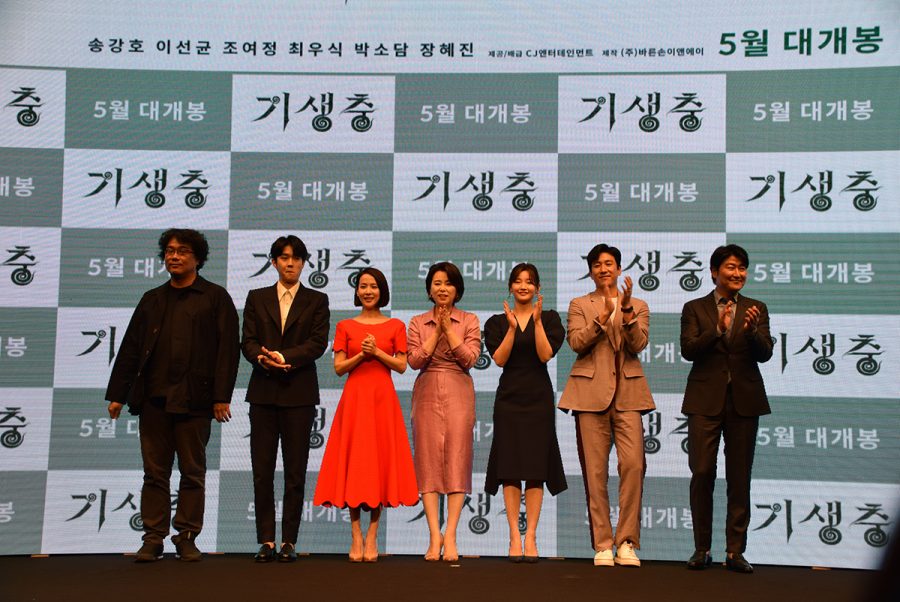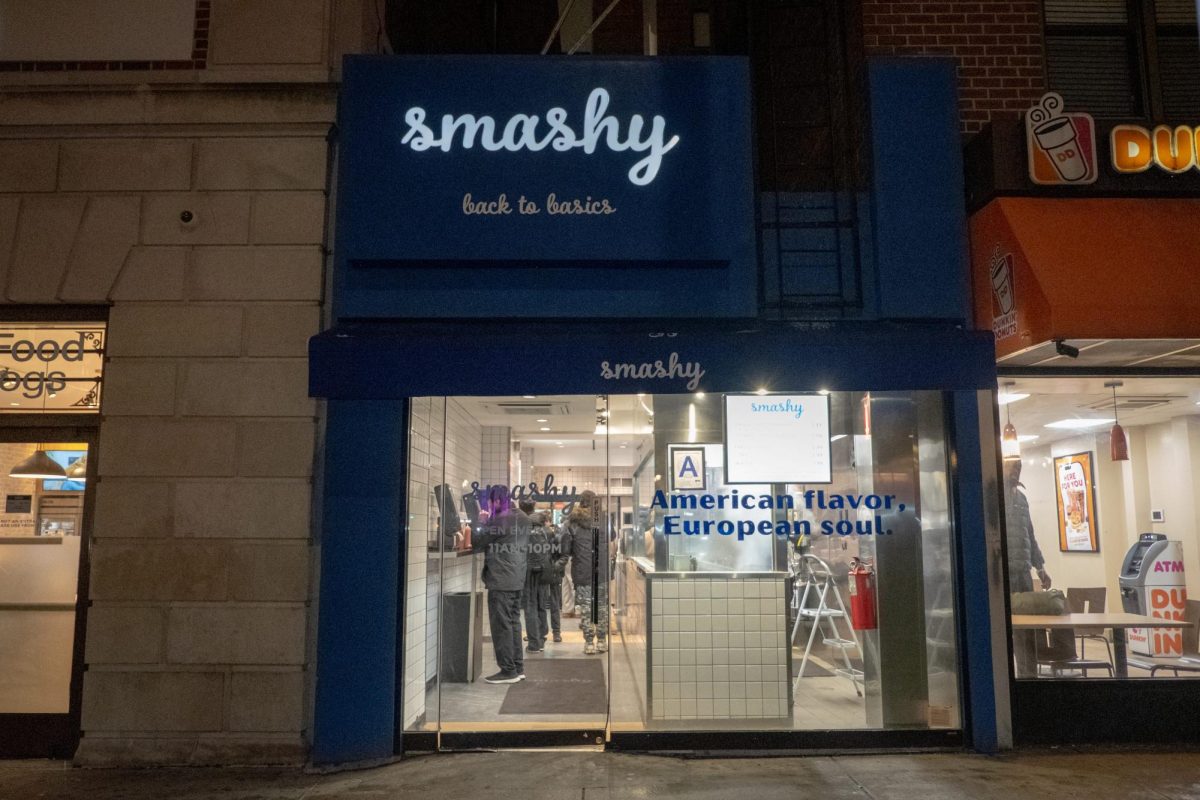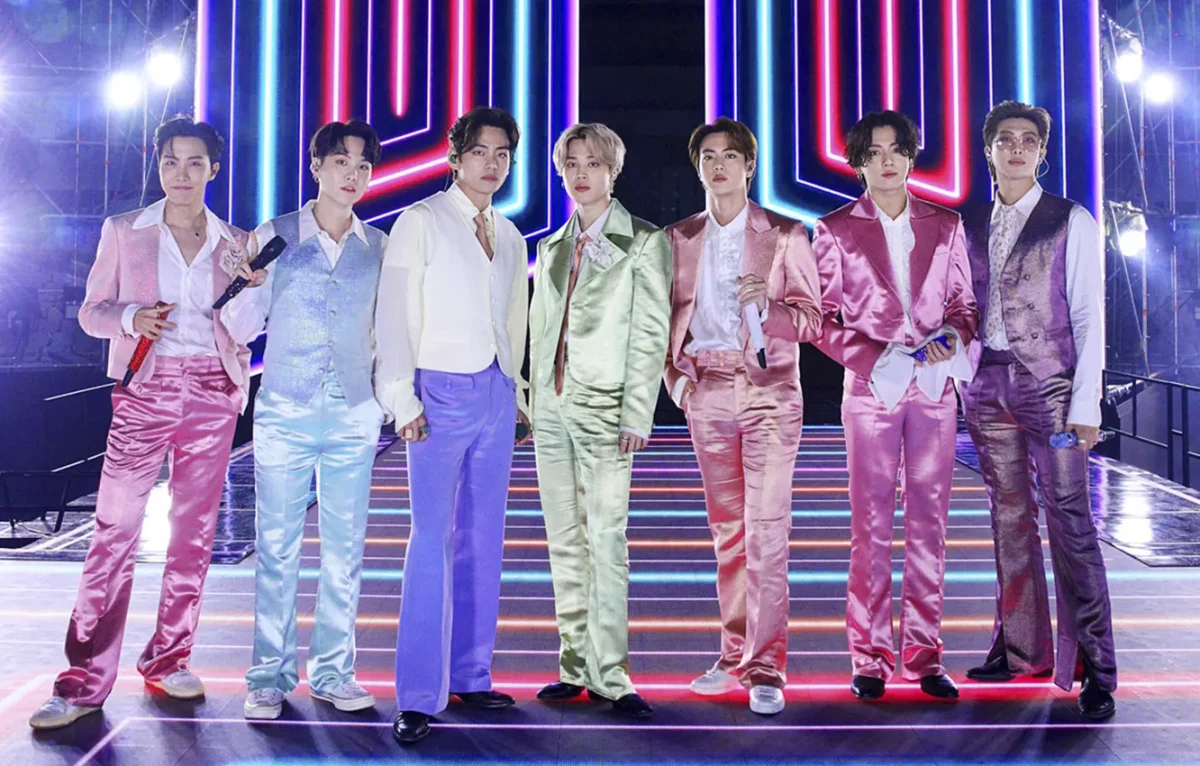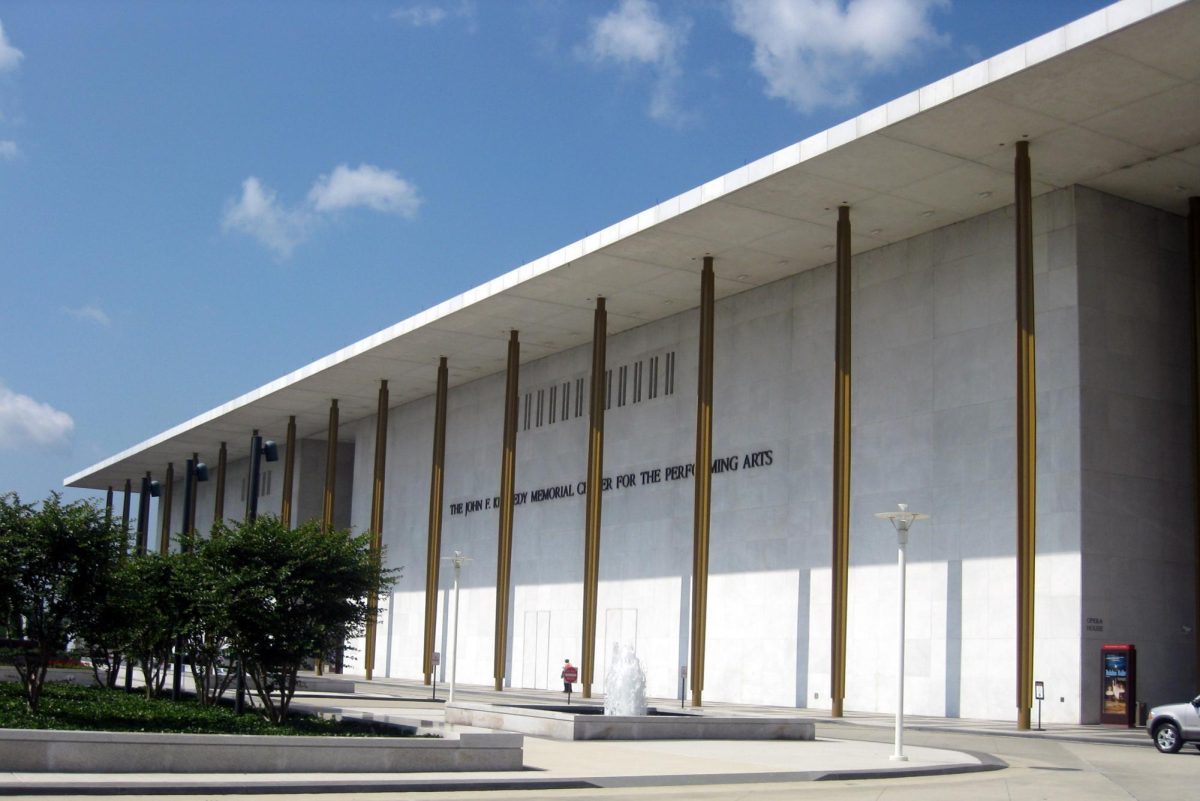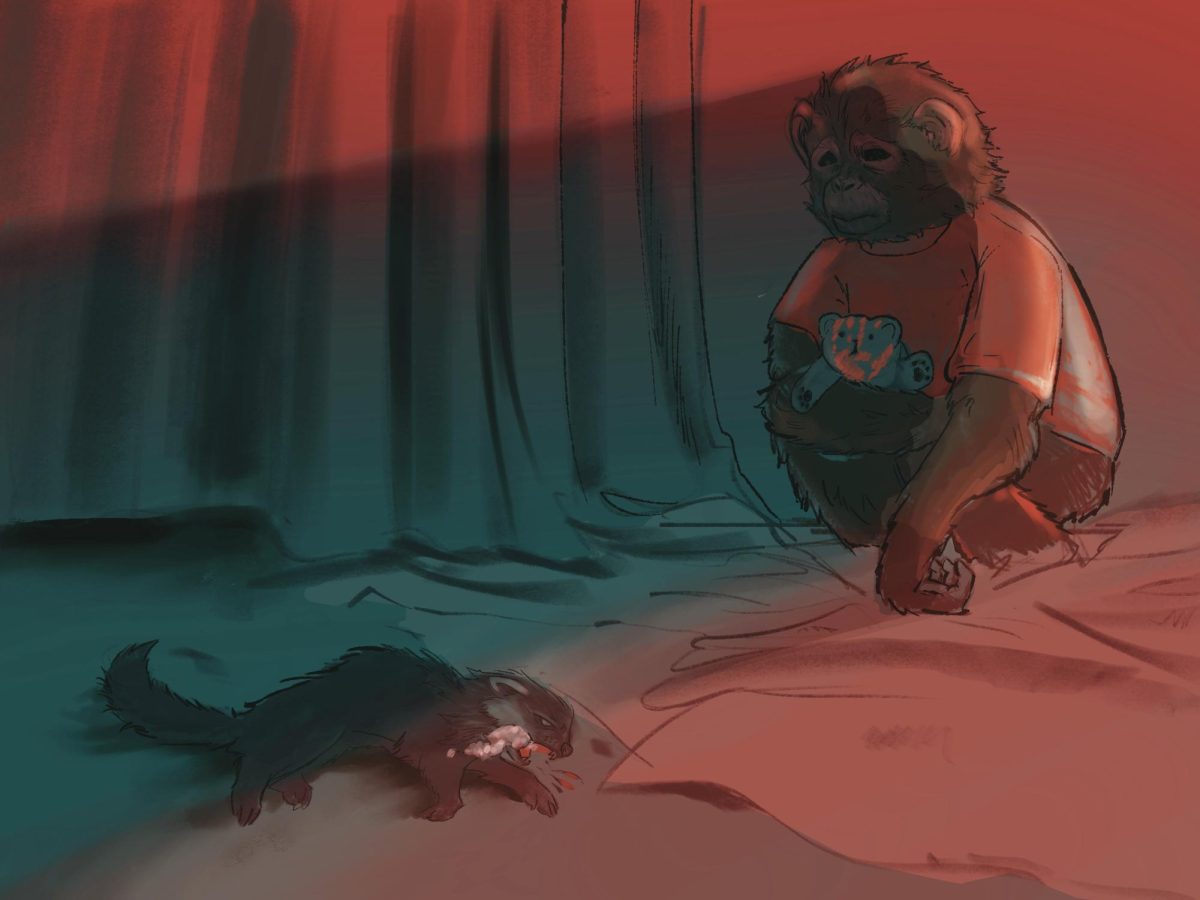South Korean film director Bong Joon-ho has returned with what fans are declaring to be his most provocative work yet.
Credited as director, producer and co-writer, Bong takes on the struggles of class warfare in Parasite, delivering a cleverly scripted social satire that leaves viewers debating its themes and messages for hours after.
Bong has previously been celebrated for many of his works, some including Okja, Memories of Murder and Snowpiercer, which also feature Bong’s signature layered social commentary, unique perspective and innovative filmmaking techniques.
Parasite follows the trials of Kim Ki-woo and his family as they gradually con their way into working for the wealthy Park family.
Throughout the film, Bong makes the audience question who it’s really rooting for to “succeed:” the cunning working-class Kims or the powerful upper-class Parks. Ultimately, when the classes are pitted against each other, there is no true hero.
When we first meet the Kims, they are all unemployed. The audience finds the destitute family on the floor of their squalid, stink bug-ridden basement apartment, hastily assembling stacks of pizza boxes for a local pizzeria in order to earn some cash.
Outside, the Kims spot the neighborhood fumigator and it’s a welcomed sight; they leave their window open as he passes by, hoping for a free extermination service.
This plan, however, quickly backfires as dense smoke floods the apartment, blinding and choking them. Because of their mistakes and the inadequate boxes that result, they almost don’t get paid for their efforts.
But when Ki-woo’s friend stops by with a job opportunity for him, tutoring English to Da-hye of the Park family, it appears as if the Kim’s fortune will change.
The first time Ki-woo steps through the automatically-operated gates of the Parks’ property, his eyes widen in wonder and envy.
He takes in the splendor of the house, a mansion we learn was designed by a prominent architect. It poses as an emblem of luxury and prestige.
All Ki-woo has to do to get the job is conceal the unfavorable aspects of his background, such as a lack of formal education, from Da-hye’s mother.
But by the time he secures his position, he’s already sown the seeds for his sister, Ki-jung, to find a spot in the household as the youngest Park’s art teacher. The two then scheme to replace the remaining household staff with their parents, without ever revealing any of their true identities.
The audience is initially meant to presume that the Kims are metaphorical parasites, leeching off the wealth of the host Park family, but it becomes increasingly evident that that Parks are just as dependent on them. What results is a fragile symbiotic relationship.
Bong’s filmmaking style diverges from the plotting style normally associated with American cinema, transcending genre and formulaic structure. Parasite begins as a comedy and viewers can’t contain their amusement when they see how absurdly easy it is for the Kims to become a part of the Park home, taking advantage of their kindness and naivety.
However, when reality finally catches up with absurdity, the Kims must scramble to preserve the facade they so delicately pieced together and the mood shifts dramatically to a quick-paced thriller.
As much as Parasite’s plot was exhilarating, it was just as visually stunning. Hong Kyung-pyo, who has worked with Bong before, was responsible for Parasite’s cinematography.
He generally used a neutral color palette, but bolstered green tones, which are typically used to symbolize new beginnings and growth, but also wealth and greed.
Additionally, Hong adopted similar beige and brown tones for the Kim and Park homes, managing to make the colors appear dirty and meager in the Kim apartment, but pristine and luxurious in the Park mansion.
Overall, every shot seemed deliberately designed and came together to tell a story that strengthened Parasite’s themes.
In an era of increasing economic opportunity and disparity, Bong’s Parasite provides a much-needed discourse on the lasting impacts of class warfare.
But if there’s anything viewers should keep in mind as they see this movie, it’s that its story, while set in South Korea, could have easily taken place anywhere else in the world.


